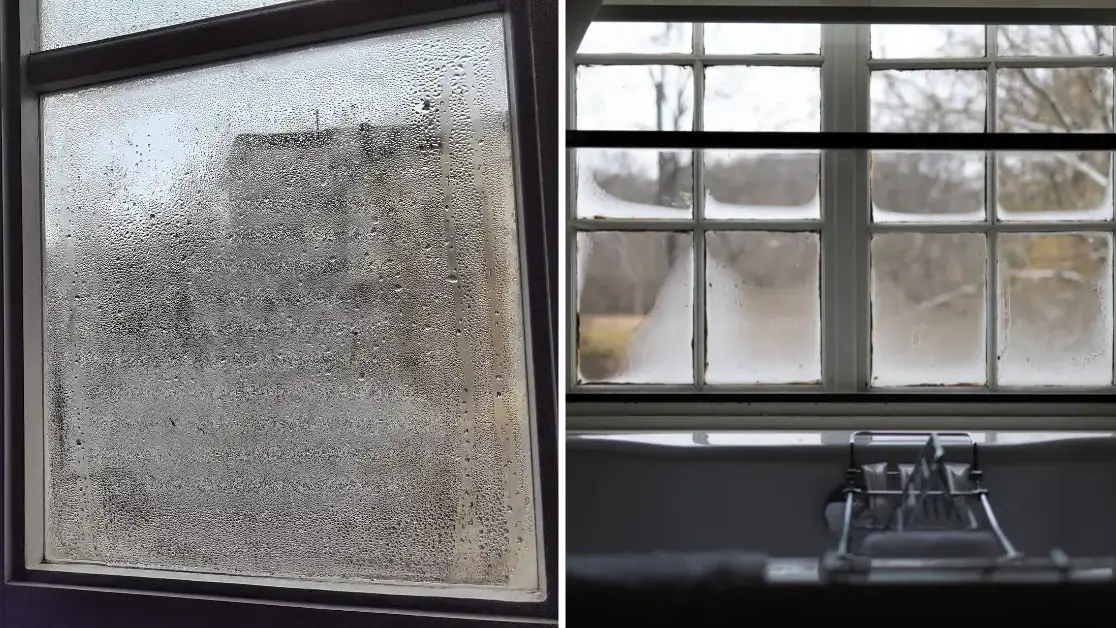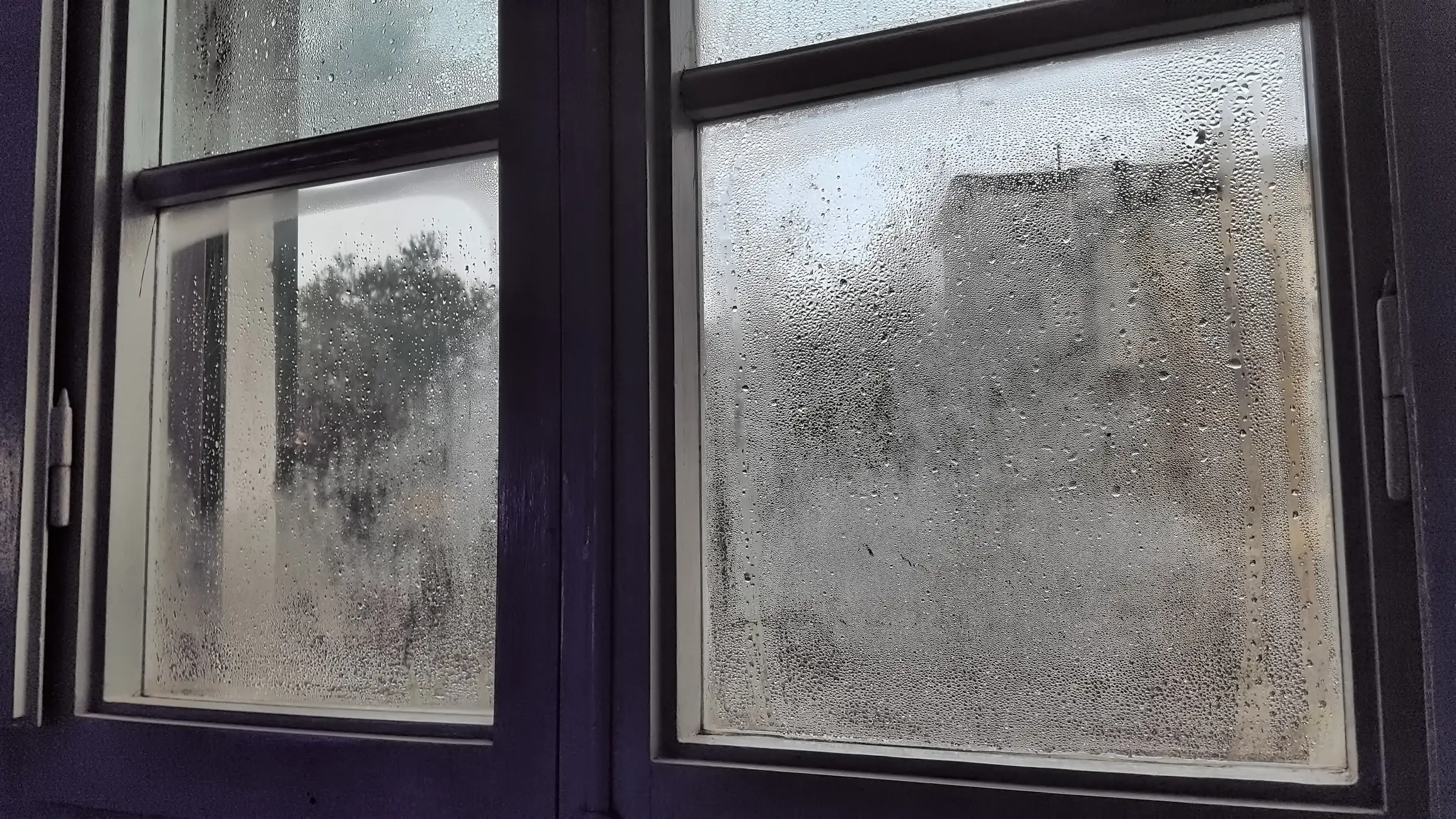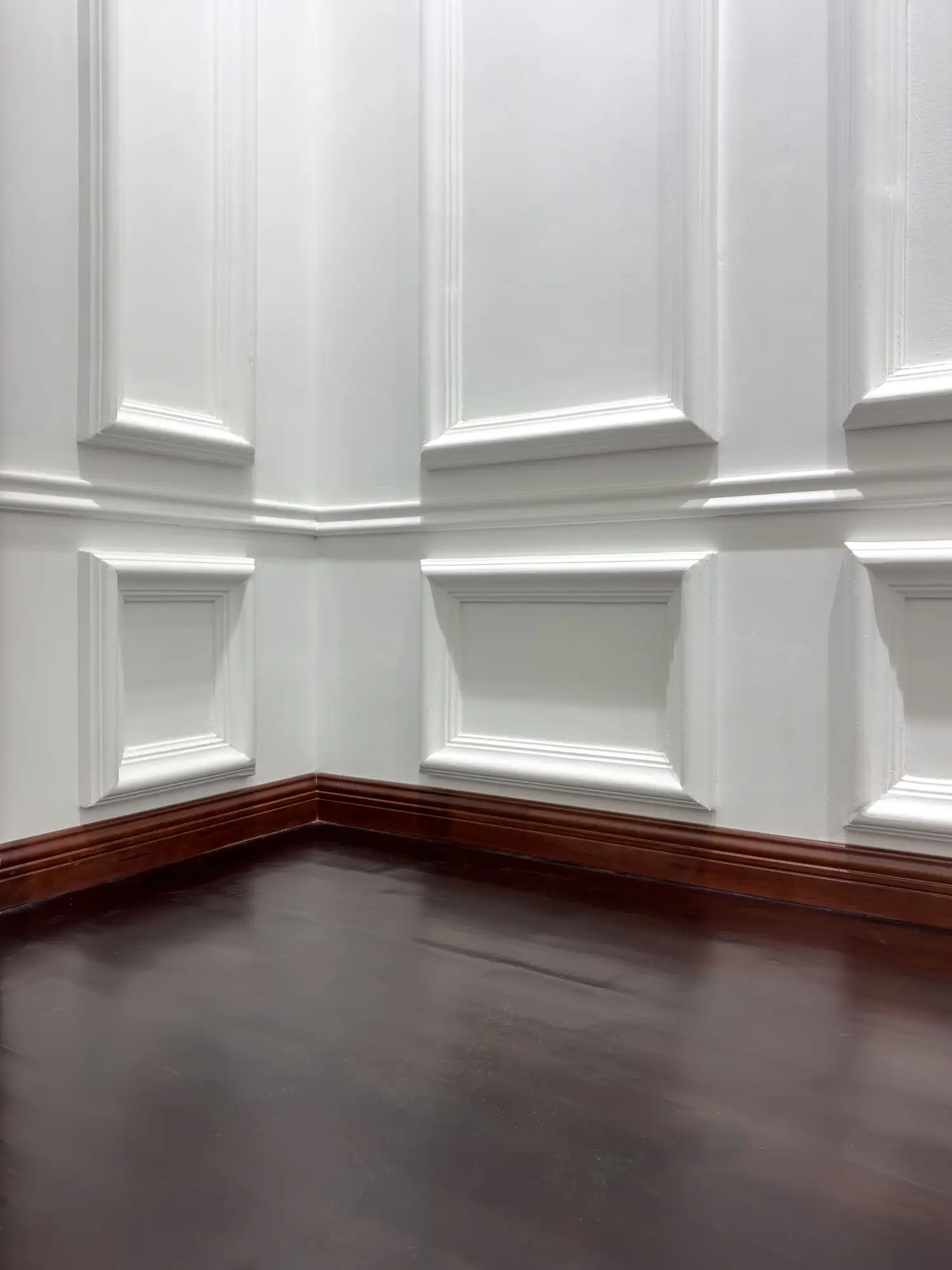
It's no surprise we're spending more and more time in our homes at the moment to escape from the biting cold and relentless rain chucking it down outside.
However, your home may not be the cosy oasis you think it is as an expert has revealed three major warning signs of a 'silent killer' inside your gaff which you should never ignore.
Home improvement expert Glen Peskett, from Saxton Blades Multitools, has shared his advice over the importance of recognising the signs right away in order to avoid major damages, costly repairs and serious health risks.

Advert
Glen said these common signs in your home are far from simple repair issues and are actually indicators of dampness and mould - two things you really do not want.
Recognising rising damp early
Glen explained that rising damp can often be mistaken for simple condensation.
However, it's completely 'essential' to recognise the difference between the two as ignoring the signs can lead to 'severe structural damage and costly repairs'.
"Homeowners should regularly check the ground-floor walls for wet patches or damp stains, which are key indicators of rising dampness," Glen added.

Musty smells
More than just a matter of an unpleasant odour, a musty smell lingering in a room is often 'one of the first signs' homeowners notice, especially when rising damp is present.
The expert warned: "It's a sign that excess moisture is building up, and covering it up with air fresheners won’t solve the problem."
Flaking plaster
If you notice flaking plaster or crumbling at the base of walls then alarm bells should be ringing as Glen says this is super common sign of rising damp, especially in older homes.
While it may seem like a minor cosmetic issue, the expert notes, it's often a 'red flag' for a deeper moisture problem that needs addressing.

Rotting skirting boards
If you're lucky enough to have lovely wooden skirting boards in your home, you need to also be mindful that they are 'particularly vulnerable' to moisture from rising damp.
"If you notice that your skirting boards are cracking, darkening, or feel soft to the touch, it's important to take action quickly," Glen continued.
"Early intervention can save you from having to replace large sections of timber later."
Health risks of untreated rising damp
It's not just an issue of costly repairs when it comes to rising damp as, if left untreated, it can lead to mould growth.
Not only does this damage your home but it also poses an array of serious health risks, particularly for those with asthma or eczema.
"Fixing it sooner rather than later will prevent more significant damage and higher repair costs down the line," Glen advised.